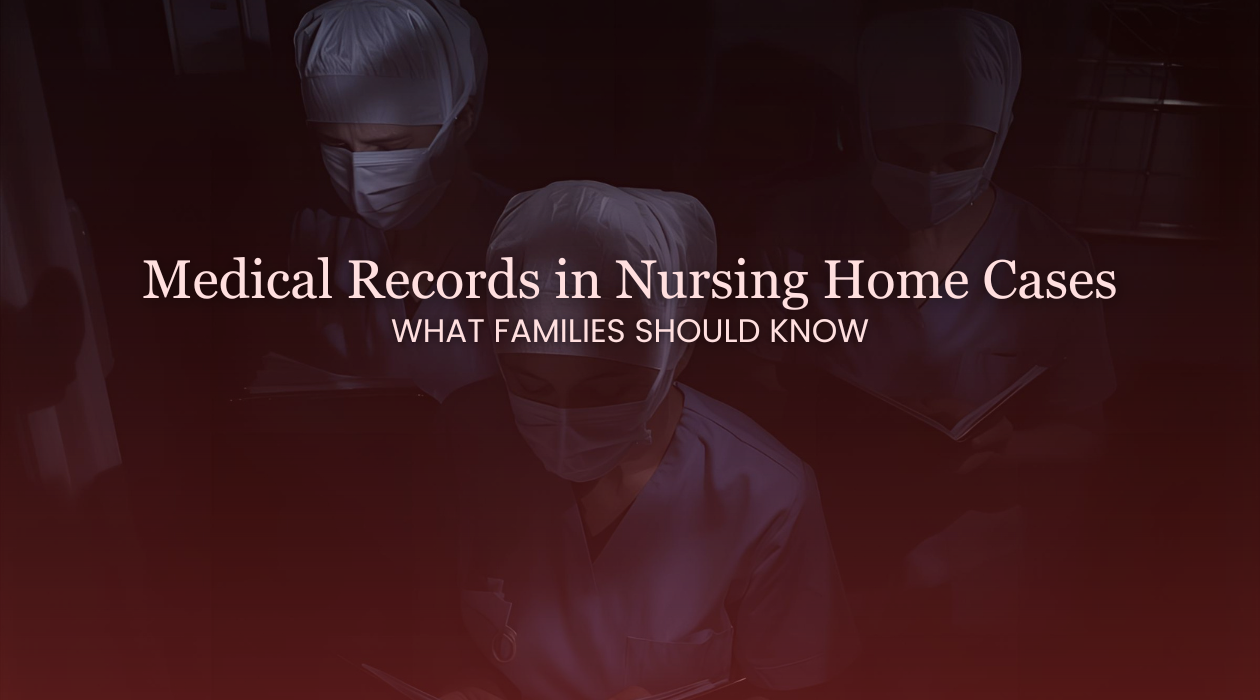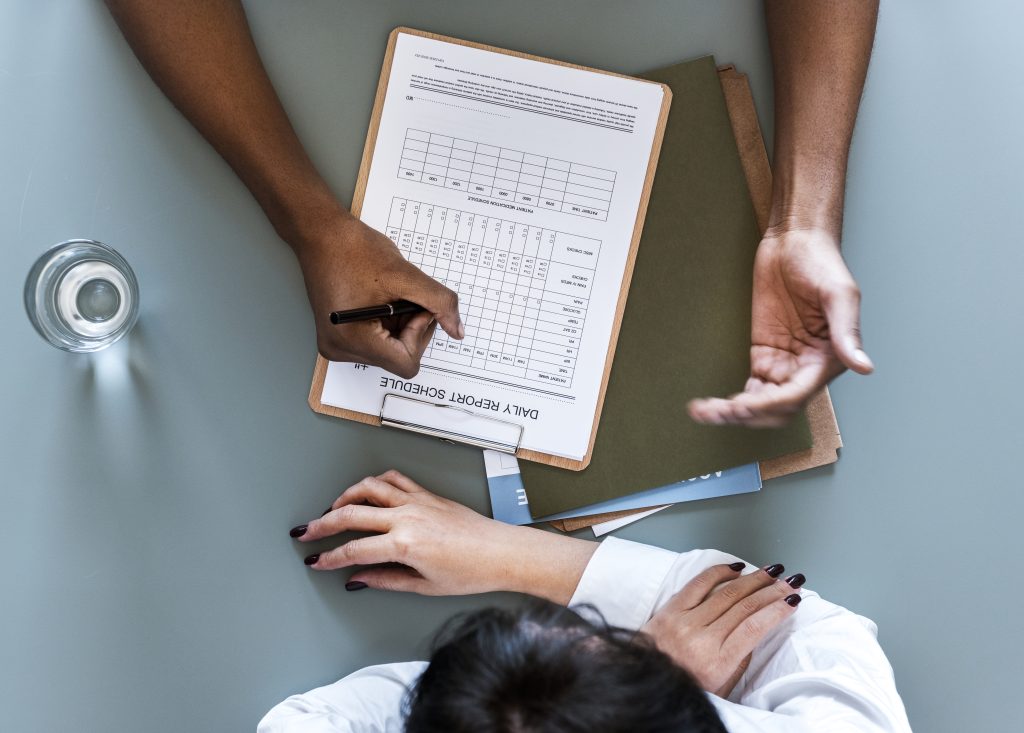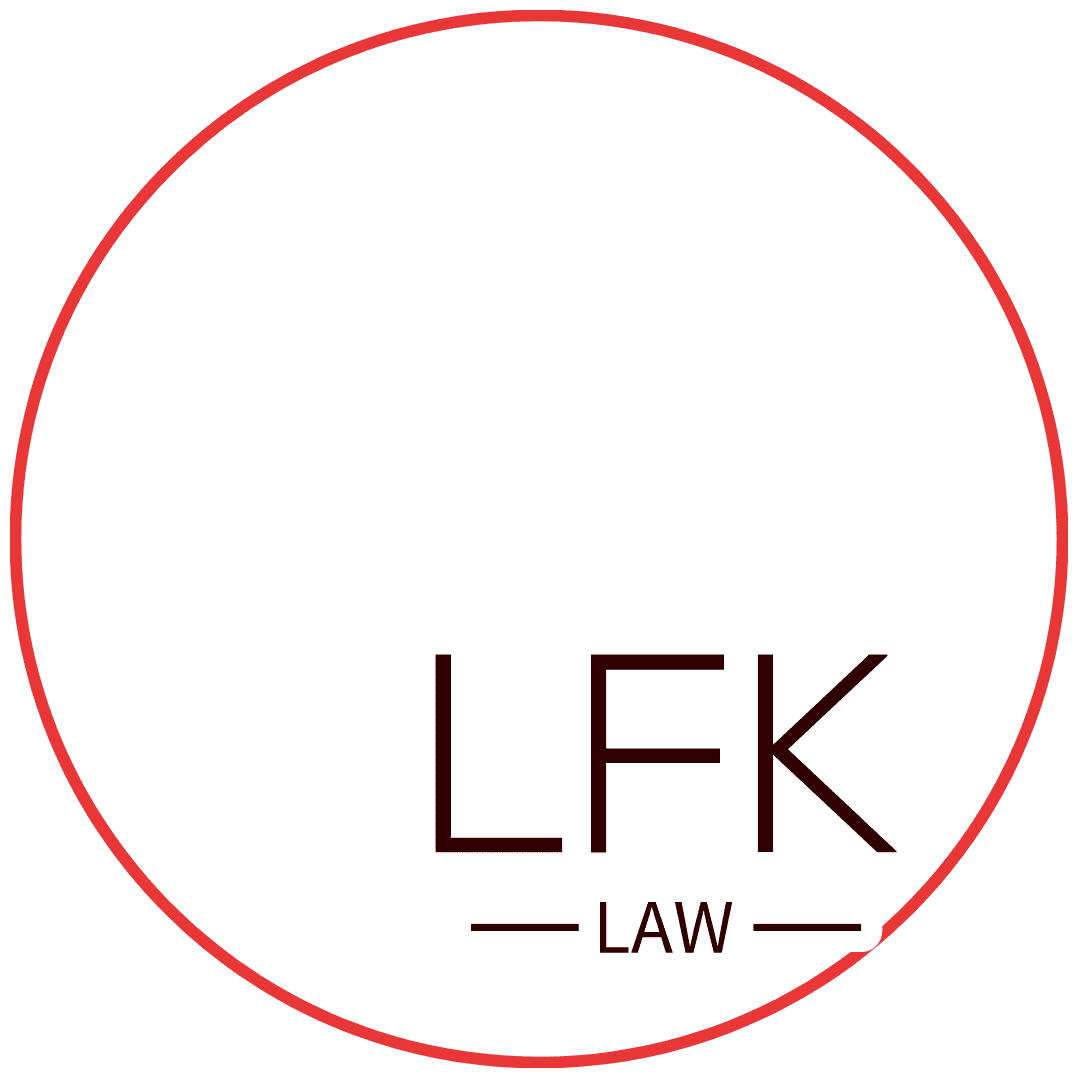
Medical Records in Nursing Home Cases: What Families Should Know
November 5, 2025
When a loved one suffers an injury or neglect in a nursing home, medical records become some of the most powerful evidence you can have.
They tell the story of how a resident was cared for — or, in some cases, how proper care was not provided.
At LFK Law Practice, P.C., we help families review and analyze nursing home records to uncover signs of neglect, abuse, or improper treatment.
Here’s what you need to know.
1. Obtaining Complete Medical Records
In nursing home cases, it’s crucial to obtain every piece of documentation related to your loved one’s care — not just hospital or doctor notes.
A complete record should include:
- Admission and discharge summaries
- Medication lists and administration logs
- Doctor and nurse progress notes
- Incident and accident reports
- Physical therapy and rehabilitation records
- Care plans and daily assessments
Federal law gives residents and their legal representatives the right to access these records under the Health Insurance Portability and Accountability Act (HIPAA) and 42 CFR §483.10(g) — which requires nursing homes to provide access within 24 hours and copies within two working days of a request.

Tip: Always make your request in writing and keep a copy for your records.
2. Care Plans and Assessments

Every nursing home resident must have an individualized care plan.
This plan outlines:
- The resident’s medical conditions
- Medications and treatments
- Mobility and nutrition needs
- Risk factors (such as fall or pressure ulcer risk)
- Emotional and cognitive needs
Care plans are supposed to be reviewed and updated regularly, especially after a fall, hospitalization, or any major health change.
When investigating a case, your attorney will look for signs that the care plan:
- Wasn’t created at all
- Wasn’t followed
- Wasn’t updated when the resident’s condition changed
A missing or outdated care plan can point to serious negligence.
3. Nurses’ Notes and Incident Reports
Nurses’ notes and incident reports are often the most telling part of a nursing home record.
They include day-to-day details of how the resident was cared for — and can show warning signs of neglect.
Important things to look for:
- Gaps in charting or missed entries
- Repeated mentions of falls, bruises, or bedsores
- Sudden changes in the resident’s behavior or mobility
- Late or incomplete documentation after an injury
Incident reports should explain exactly what happened, when it occurred, and who was involved.
If they’re missing, vague, or inconsistent with medical notes, it could indicate improper recordkeeping or attempts to hide neglect.

4. Identifying Gaps and Inconsistencies

An experienced nursing home abuse attorney knows that what’s missing from a chart can be just as important as what’s there.
Common red flags include:
- Missing progress notes or vital signs for several days
- Unexplained medication changes
- Lack of documentation after a reported injury
- Duplicate or altered entries
- Conflicting statements between staff members
By comparing medical records with care plans, staff schedules, and witness accounts, your attorney can identify patterns that suggest neglect or cover-ups.
Why Medical Records Matter
Medical records can:
- Show whether staff followed proper care procedures
- Reveal how often the resident was monitored or treated
- Prove if injuries were reported and addressed in a timely way
In many cases, these documents become the foundation for proving nursing home negligence or abuse.

How LFK Law Practice, P.C. Can Help
Our team works with medical professionals to review nursing home records and identify gaps, inconsistencies, and violations of care standards.
We make sure your loved one’s story is told — and that those responsible are held accountable.
📞 Contact LFK Law Practice, P.C. today to schedule a consultation. We’ll help you obtain and review your loved one’s medical records and take the next steps toward justice.
